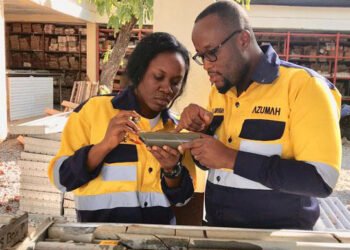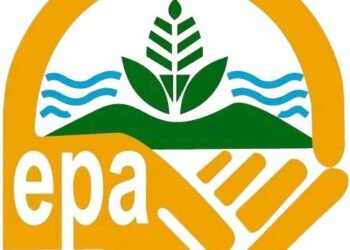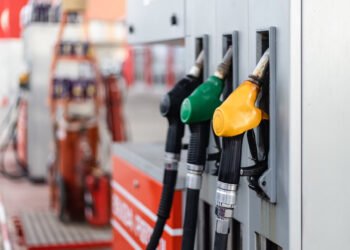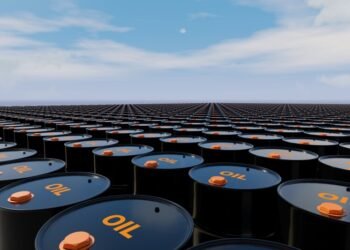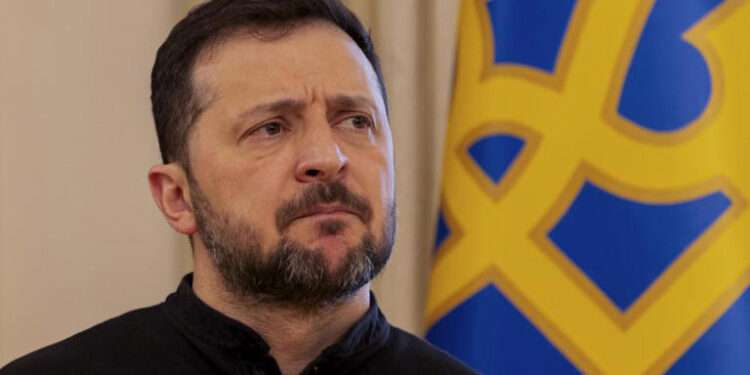The Executive Secretary of the Chamber of Petroleum Consumers (COPEC), Duncan Amoah, has called on government, urging it to ensure it abstains from the introduction of new taxes on petroleum come 2021.
Mr. Duncan Amoah, speaking during an interview intimated that, whichever government is in power, regardless of the political party that wins the elections come December 7th, should desist from introducing new taxes because it will greatly inconvenience the average Ghanaian.
“It is an election year and so government often goes soft on taxes during electioneering periods. If you look at this year, we have rather seen taxes eased downwards. Then it brings the question as to whether government still needs revenue. You and I have seen these games over and over various election periods. Right after the election, the same government comes back to tell you they need revenue, then you find a situation where the lowest of the hanging fruits; petroleum taxes are enforced.”
He further explained that, the challenge COPEC faces is that, once there is an increase in taxes on petroleum, there will also be an increased baseline on livelihoods.
“Food cost, transportation, everything goes up when you increase taxes on petroleum. Unfortunately, because that is quite easy to collect, our finance ministers are often in a hurry to slap new and additional taxes on Ghanaians whenever the issue of revenue comes to the table. We are hoping that in as much as government would need revenue post-election period, our fuel taxes which is already neck-breaking will not be increased further.”

In recent times, even though some taxes such as the Special Petroleum Tax (SPT) on fuels saw a downward review in 2017, there has been some upward review of taxes and levies such as the Road Fund Levy (RFL), the Energy Debt Recovery Levy (EDRL), and the Price Stabilization and Recovery Levy (PSRL) in August 2019; as well as the recent upward adjustment in the BOST Margin.
The issue of fuel prices surging in this pandemic period has been a worrisome issue to majority of Ghanaians. Within this period, there has been an increase in transportation fares which received a backlash from Ghanaians and later on a reduction which also had the drivers not in favour of the development. The global market as well has not been spared due to the unexpected decline in production and supply.
The global average price of oil by April 2020 had dropped by 80% due to the COVID-19 pandemic.
Fuel prices also became a topical issue in the country in the events leading up to the 2016 Parliamentary and Presidential elections in Ghana, when former Finance Minister, Mr. Seth Tekper, presented the 2015 budget to Parliament, and introduced a Special Petroleum Tax (SPT) of 17.5 percent in the 2015 fiscal year.
The then Finance Minister argued that the introduction of the tax was necessary to shore up government revenue as crude oil prices had tumbled below US$30 per barrel at the time as against government projected price per barrel.




